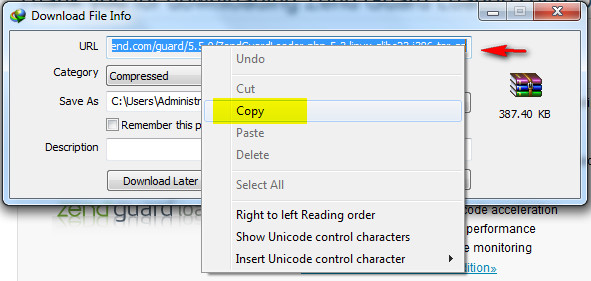How To Decode Php Files That Encoded By Zend Encoder Circuit

Encoding with the Zend Guard allows developers to encode their PHP. It runs the files encoded by Zend Guard. (using Zend Optimizer as the runtime PHP decoder). Sep 23, 2014 The program presented in this video is capable to decrypt PHP files encoded with IonCube or Zend Guard. Jbilling Installation Guide. It is relatively new, was released in 2014 and it. About service Zendecode is service that specially used for to decompile, decode PHP files encoded by Zend Encoder, Zend SafeGuard, IonCube, phpcipher.
I had some trouble trying to let base64_decode decode base64-strings longer than ~5k chars. The base64-decoding function is a homomorphism between modulo 4 and modulo 3-length segmented strings. That motivates a divide and conquer approach: Split the encoded string into substrings counting modulo 4 chars, then decode each substring and concatenate all of them.
Then instead of for big $encoded strings, it's saver to use where 256 can be replaced by a sufficiently small modulo 4 natural. To follow up on Starson's post, PHP was changed to no longer treat a space as if it were a plus sign in CVS revision 1.43.2.1, which corresponds to PHP 5.1.0. You can see what happened with a diff to branch point 1.43 at: The CVS log indicates that this change was made to fix bug #34214 (base64_decode() does not properly ignore whitespace). It would seem from the comment preceding the code which was removed that the treatment of the space as if it were the plus sign was actually intentional at one time: When Base64 gets POSTed, all pluses are interpreted as spaces. Гдз По Геометрии 8 Класс Мерзляк Полонский.
This line changes them back. It's not exactly the Base64 spec, but it is completely compatible with it (the spec says that spaces are invalid).
This will also save many people considerable headache. If (ch == ' ') ch = '+'; However, RFC 3548 states that characters not in the Base64 alphabet should either be ignored or cause the implementation to reject the encoding and RFC 2045 says they should be ignored.
So the original code was unfortunately not fully compatible with the spec or other implementations. It may have also masked problems with code not properly escaping POST variables. To expand on Jes' post: The change took place between 5.0.5 and 5.1.0.
Exactly where I don't know or care. In short php = 5.1.0's base64_decode( $string ) will no longer make that assumption. I did not see this noted in the change log. Please note that, as of this writing, mb_convert_encoding( $string, 'UTF-8', 'BASE64' ) still behaves as base64_decode( $string ) did in php.